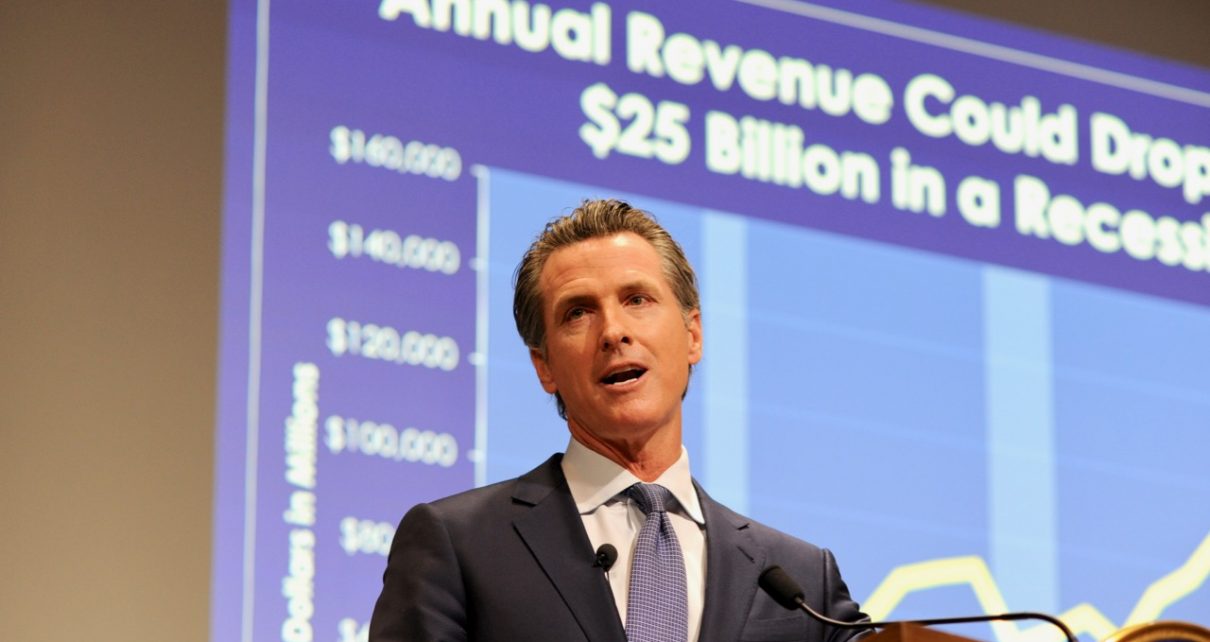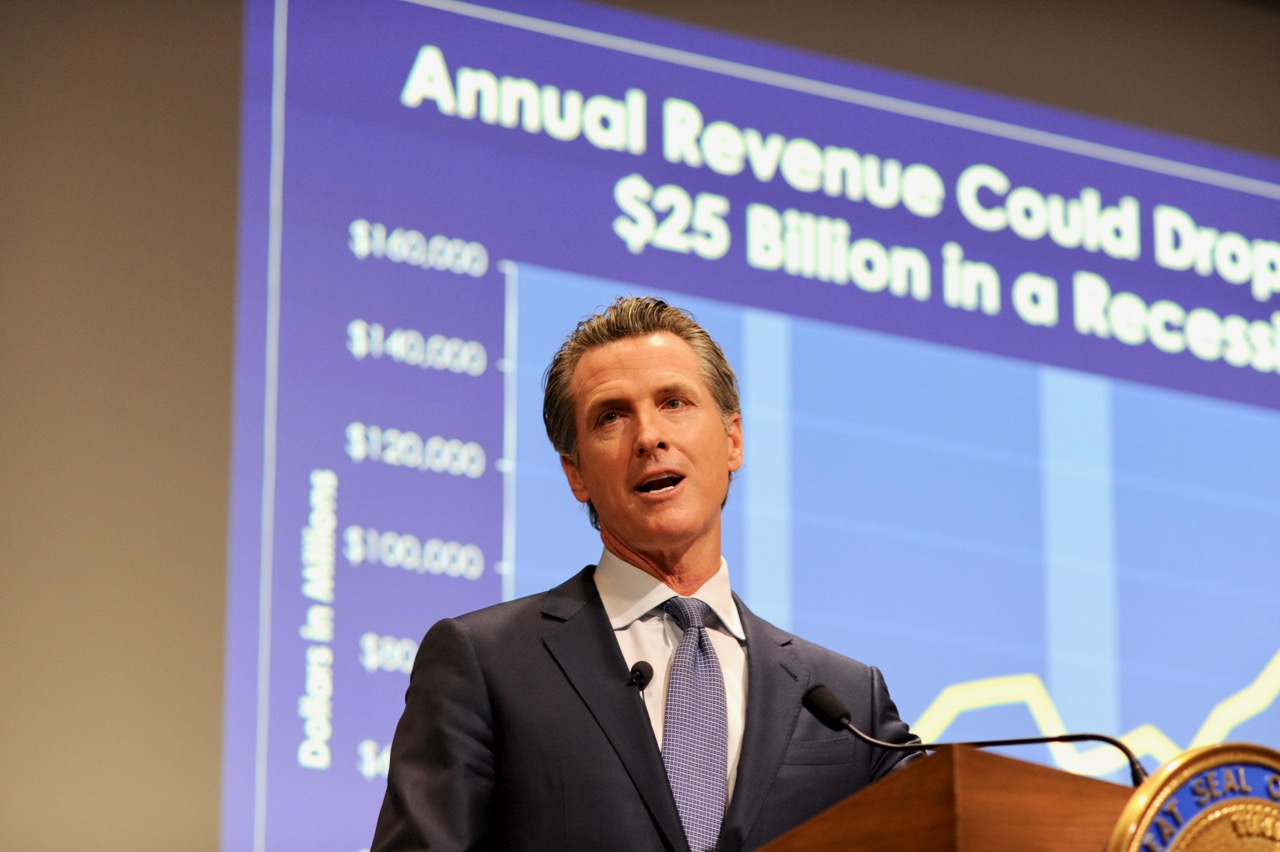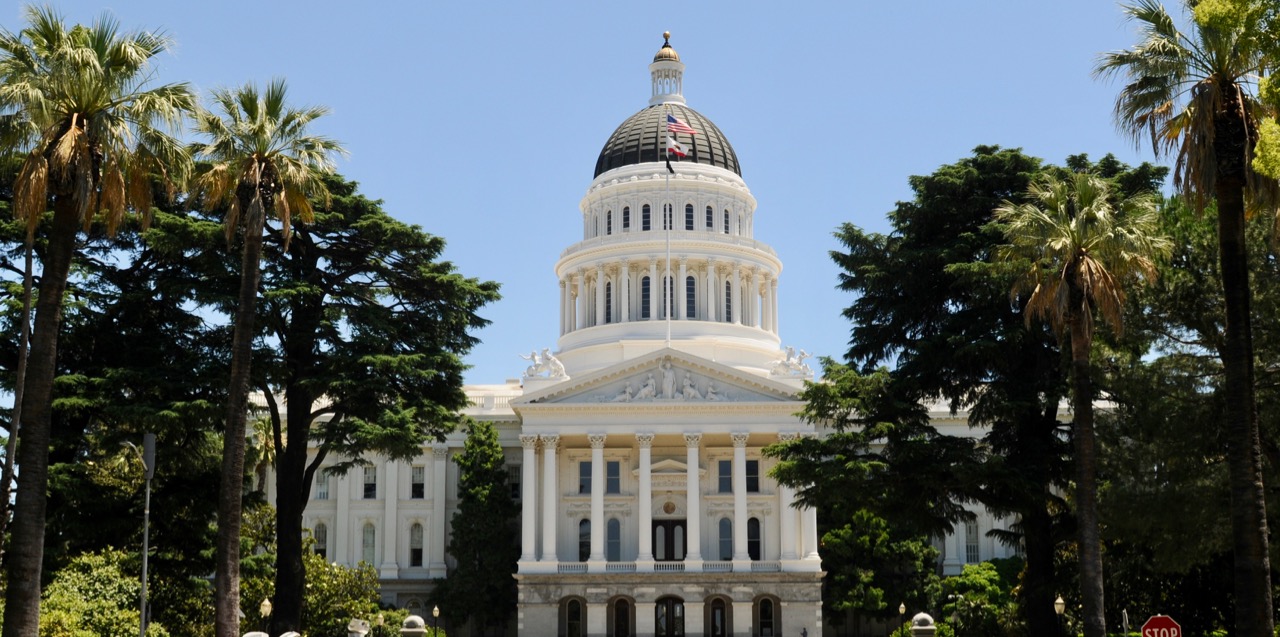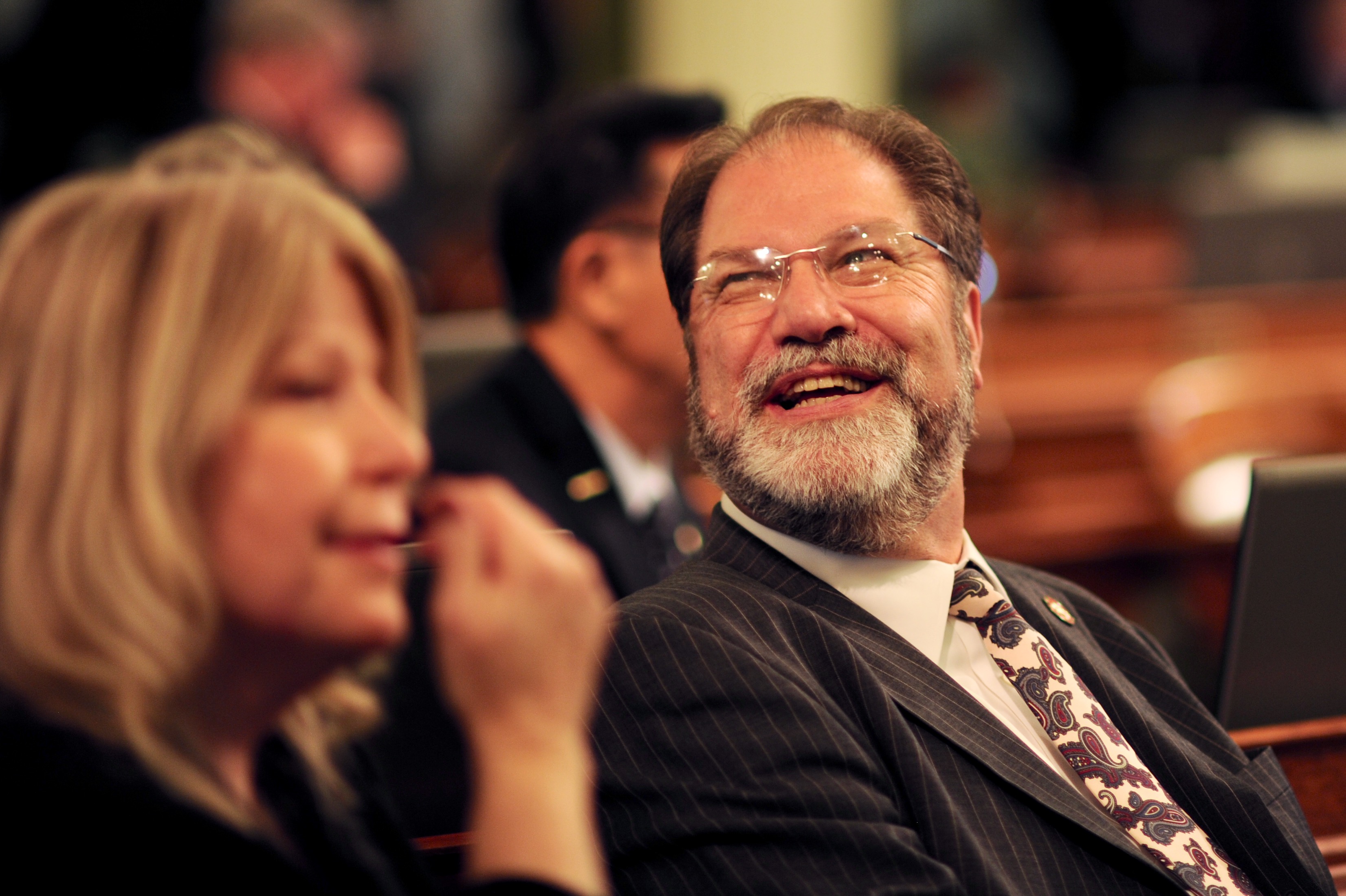
Kevin Sanders for California Globe
The Impact of the State Budget on California Public Policy
Few around the Capitol follow the budget process, let alone fully understand it
By Chris Micheli, January 11, 2019 9:00 am

California’s budget process continues to have a major impact on the state’s public policy agenda. Why? Because numerous policy changes are enacted each year as part of the budget process. In other words, public policy continues to be done as part of the funding of state government; but policy also gets done as part of the implementing legislation for the budget.
For decades, the state budget required a 2/3 super majority vote for adoption each year. As we were told, California was one of just three states to require a super-majority vote and this resulted in most-often late adoption of the state budget amid partisan wrangling. As the Legislature was generally controlled by Democrats and the Governor’s Office was occupied by a Republican, state budgets often got negotiated by the “Big Five” leaders – the Governor, Senate President pro tempore, Assembly Speaker, Senate Republican Leader, and Assembly Republican Leader.
In these Big 5 negotiations, the four legislative leaders and the governor often hotly debated how to allocate the state’s resources, including tens of billions of General Fund dollars, Special Fund dollars, and federal monies. Because Republicans were in the minority in terms of legislative representation, and most of their bills failed passage in the first policy committees, they began viewing these budget negotiations as an opportunity to “leverage” the need for a handful of their votes (in addition to the expected Democrat majorities) in order to pass the budget.
So, what could they leverage their budget votes for? It was often to address policy issues or specific bills that they wanted passed that would not otherwise get through the Democrat-controlled Legislature. This was also an opportunity for interest groups to suggest their proposals be made part of these Big 5 budget negotiations. Sometimes these were a package of bills; sometimes they resulted in ballot measures, such as adoption of the open primary system.
After a fair amount of time and repeated long-delayed budgets, and the feeling of being leveraged for policy changes that there sometimes difficult to accept, interest groups placed on the statewide ballot a measure, Proposition 25, that reduced the vote threshold from 2/3 majority to a simple majority. As a result of this measure that was adopted by the voters, there were now on-time budget and negotiations were had between Democratic leaders and the Democratic governor.
While Democrats no longer needed Republican votes to pass the budget, and they assumed that they would no longer be leveraged to adopt objectionable policy changes as a part of the annual budget deal, policy changes still occur in the budget negotiations because either the Governor, or legislators for their individual votes, or a combination of the two, want them.
All those years of adopting policy changes as a part of the state budget accord had created supporters both in the Governor’s Office as well as Democratic legislators’ offices. In other words, they all liked the idea of expedited review and adoption of bills and policy changes through the shortened budget process, rather than pursuing policy change through the lengthy and contentious legislative bill process. Such and open and lengthy process also means plenty of opportunity for public input, hearings, media attention, and lobbying that sometimes legislators and the governor do not like or want in regards to a proposed policy or law change.
As a result, doing policy through the state budget process continues unabated even after the adoption of Prop. 25. And, for Republicans, it is even worse because not only do they not have leverage to get some of their priority policy changes adopted, but also, they are often left objecting to what Democrats do in these budget trailer bills that are adopted to make statutory changes.
To understand how these policy changes are accomplished, there needs to be an understanding of the budget process in this state. While there is a main budget bill, there are also more than two dozen “trailer bills” that are adopted each year, most at the same time as the budget bill in mid-June, but also even later in the summer.
While the budget bill makes appropriations of the dollars to be spent during the forthcoming fiscal year (which runs July 1 through June 30 in California), these trailer bills (called that because they “trail,” or follow the main budget bill) were originally designed to make any statutory changes needed to implement the main budget bill. There can also be one or two “budget bill juniors” which make changes to the main budget bill.
There used to be only a handful of these trailer bills, but their number has mushroomed as the need for more and more policy changes has grown. As a result, we see many more of these bills being used to adopt often controversial law changes that would likely not have been successful if they had been tried in the normal legislative process.
Beyond these points, the state budget is often described as the most important bill that is adopted each year, and one that has to be adopted annually, because this bill spends the state’s nearly $200 billion in state and federal funds that are received each year. This budget is allocated to over 200 state agencies, departments, boards, and commissions, as well 58 counties, 482 cities, transportation agencies, and over 3,000 special districts up and down this state.
As we know, how this money is spent or not spent impacts how laws, regulations and policies are implemented, enforced and interpreted whether by the courts or state agencies, or local governments. As a result, the role of the state budget in making public policy in this state cannot be underestimated.
The state budget bill is the single most important bill that must be adopted each year to keep state and local governments in California operating. Its impact can be felt at every level of government. Unfortunately, few around the Capitol follow the budget process, let alone fully understand it and how it can and does impact so many aspects of state and local governments.
- Hearings on Third-party Claims - February 18, 2026
- Cullen Earthquake Act - February 17, 2026
- Encumbrances in Eminent Domain - February 17, 2026




